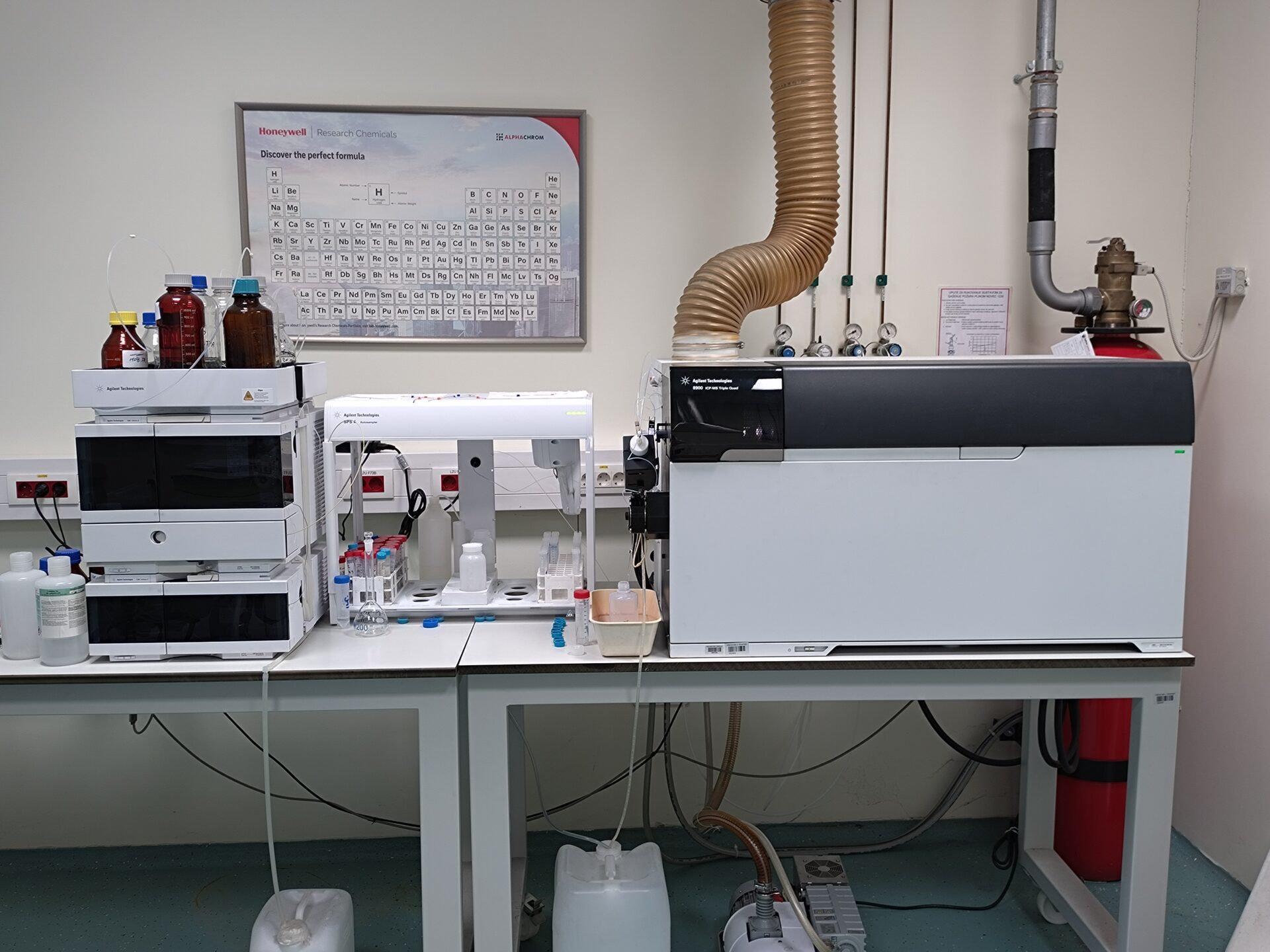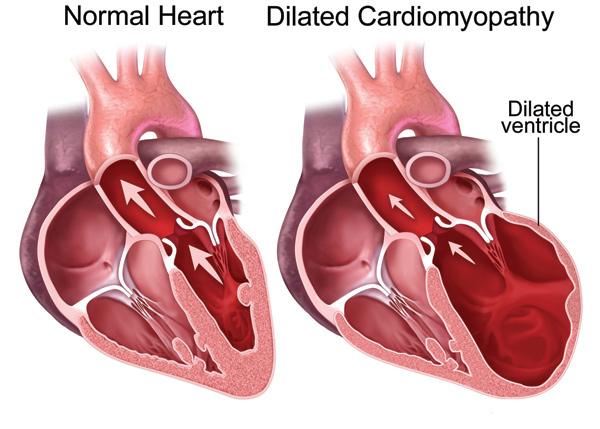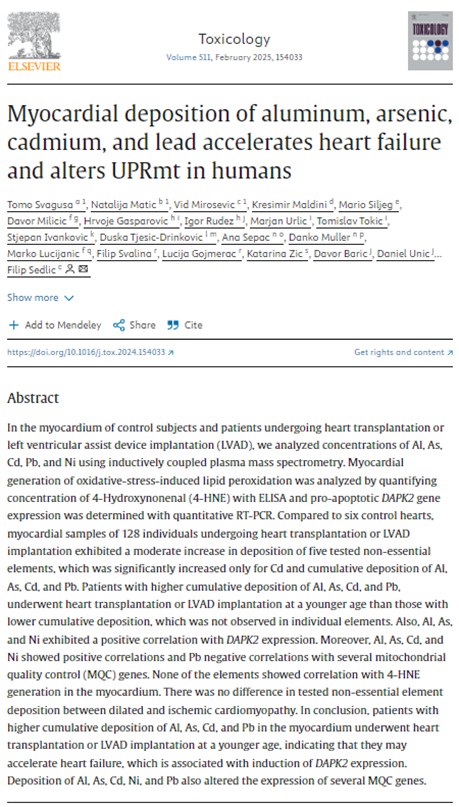New scientific paper, the result of a collaboration between the Institute and the Faculty of Medicine


Following the first scientific paper published in the International Journal of Molecular Sciences in August 2024, the continuation of the successful scientific research collaboration between the “Josip Juraj Strossmayer” Water Institute in Zagreb and the Faculty of Medicine of the University of Zagreb as the leading partner in a project funded by the Croatian Science Foundation with project leader Dr. Filip Sedlić has produced another valuable scientific paper. As part of the collaboration, the concentrations of aluminium (Al), arsenic (As), cadmium (Cd), lead (Pb) and nickel (Ni) were determined in heart muscle samples from 128 patients and six control samples using inductively coupled plasma with tandem mass spectrometry (ICP-MS/MS). The myocardial samples were collected after heart transplantation or LVAD implantation in university hospitals in Zagreb.
The article titled “Myocardial Deposition of Aluminium, Arsenic, Cadmium, and Lead Accelerates Heart Failure and Alters UPRmt in Humans” was published last month in the journal Toxicology, published by Elsevier (available at the link).
The results indicate that heart muscle samples from 128 individuals who underwent heart transplantation or LVAD implantation showed a moderate increase in deposition of the five elements analysed compared to six control samples, with a significant increase only for cadmium and cumulative deposition for aluminium, arsenic, cadmium and lead. Furthermore, the results indicate that there is no difference in the deposition of these elements in dilated or ischaemic cardiomyopathy. Individuals with higher cumulative deposition of aluminium, arsenic, cadmium and lead in the myocardium underwent heart transplantation or LVAD implantation at a younger age, suggesting that these elements may accelerate heart failure.
In view of the above research results, the “Josip Juraj Strossmayer” Water Institutehas proven to be a reliable partner in complex research collaborations with scientific institutions from a wide range of scientific branches and fields.

